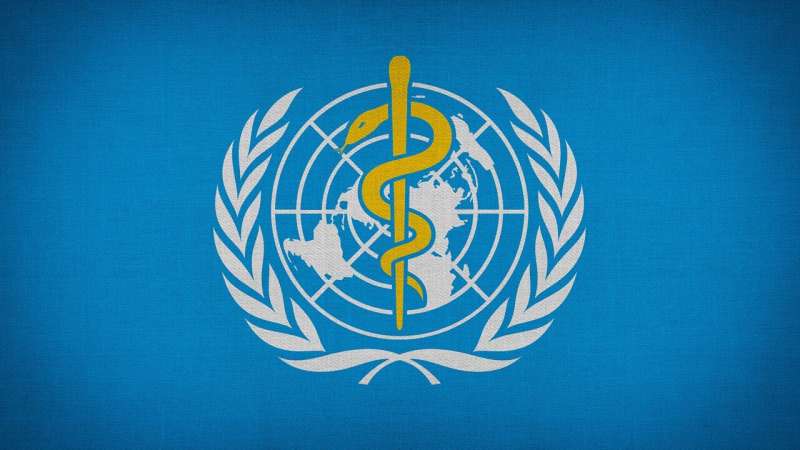WHO Supports Shift in US Approach to Preventing Chronic Diseases

The WHO has endorsed the US's renewed focus on prevention to combat chronic diseases, emphasizing the need to address root causes and promote healthier habits for improved public health outcomes.
The World Health Organization (WHO) has expressed support for the United States' renewed emphasis on prevention efforts to combat chronic illnesses. Recently, US Health Secretary Robert F. Kennedy Jr. has advocated for increased focus on preventative strategies, encouraging the adoption of healthier habits among the population. This stance has garnered some criticism from the WHO, which has noted Kennedy's vaccine-skeptical views and his Make America Healthy Again (MAHA) movement. Despite this, WHO Director-General Tedros Adhanom Ghebreyesus emphasized his support for the emphasis on disease prevention, acknowledging the significant health challenges faced by the US.
Tedros highlighted that the US is among the top countries affected by non-communicable diseases such as obesity, cardiovascular conditions, and cancers, despite the country’s substantial healthcare expenditure. He pointed out that much of the high healthcare costs are due to a focus on treatment rather than prevention. Addressing root causes through early intervention could prove more cost-effective and beneficial.
A prominent event during the upcoming UN General Assembly in New York will focus on improving strategies against non-communicable diseases, which include heart disease, cancer, and diabetes—leading causes of death worldwide. Tedros indicated a desire to collaborate with the US on prioritizing preventive health initiatives, expecting US leadership in this global health effort.
This renewed focus on prevention aligns with the global recognition that tackling the root causes of chronic diseases can substantially reduce their burden, improve population health, and lower healthcare costs. The WHO’s backing signals a global commitment to shifting healthcare priorities from treatment to prevention, aiming for better health outcomes worldwide.
Stay Updated with Mia's Feed
Get the latest health & wellness insights delivered straight to your inbox.
Related Articles
Enhancing Parasite Detection with AI-Powered Digital Microscopy
A new study demonstrates how AI-powered portable microscopy significantly enhances the detection of soil-transmitted helminths, aiding global health efforts in resource-limited settings.
Genetic Biomarker Indicates Aggressiveness in Brain Tumors
A new study reveals that high TERT gene activity in meningiomas can serve as an early indicator of aggressive tumor behavior and recurrence, revolutionizing diagnosis and treatment approaches.
Unveiling HIV Persistence: How Minute Genetic Variations Influence Viral Replication and Latency
Research from UVA uncovers how small genetic changes in HIV influence its replication and ability to evade treatment, guiding future cure strategies.
Over 1 Million People May Avoid Trump's Medicaid Work Rules in Areas with High Unemployment
A new analysis suggests that over a million Medicaid enrollees in high-unemployment areas could avoid federal work requirements, providing relief to those facing job scarcity while maintaining healthcare coverage.



